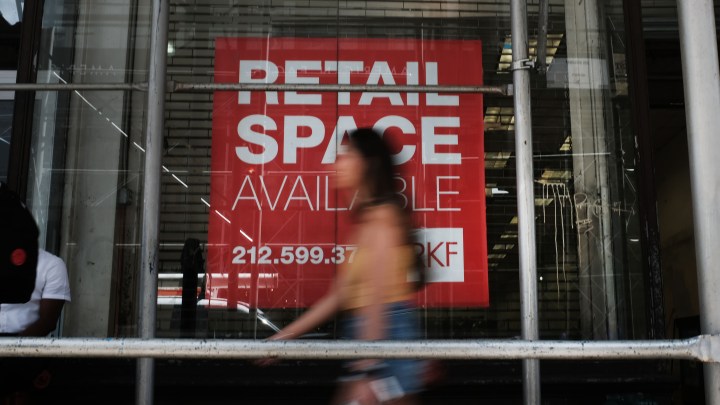
Fed’s optimism about economy is balanced by delta variant and slow job growth
Fed’s optimism about economy is balanced by delta variant and slow job growth

Make no mistake — the Federal Reserve and most economists don’t see a stall-out or recession coming soon. In fact, many see an economy that is still growing strongly and recovering from the deep depths of the pandemic downturn.
The pace of recovery is not as strong now as it was a few months ago, however, and there are distinct obstacles to a smooth and steady recovery.
A key wild card is COVID-19, said Joseph Brusuelas at consulting firm RSM. The coronavirus delta variant and any new variants “could cause consumers to pull back, business to slow,” he said. “I’m out on the road on business travel again. The airplanes are half full and the hotels aren’t full.”
Job growth has already slowed, according to the Economic Policy Institute’s Heidi Shierholz.
“We added over 700,000 jobs a month for six months in a row earlier this year. But then delta hit, and we added only about a third of that amount in August,” she said.
Then there are global supply chains disrupted by COVID-19 outbreaks and driving up prices. Not to mention the increasing troubles in China’s real estate market. But Eric Freedman at U.S. Bank Asset Management isn’t too concerned.
“We’re not anticipating a significant contagion effect from the issues in China right now,” Freedman said. “They have a significant set of reserves to allay some of these concerns.”
Closer to home, a political risk is looming, Brusuelas said: If Congress doesn’t raise the debt ceiling and the U.S. defaults, “that’s a politically induced artificial crisis. There is a cost. You’ll see an equity selloff, you’ll see consumer and corporate confidence erode,” he said.
This is right at the top of the Fed’s worries about the recovery going forward, Brusuelas added.
There’s a lot happening in the world. Through it all, Marketplace is here for you.
You rely on Marketplace to break down the world’s events and tell you how it affects you in a fact-based, approachable way. We rely on your financial support to keep making that possible.
Your donation today powers the independent journalism that you rely on. For just $5/month, you can help sustain Marketplace so we can keep reporting on the things that matter to you.

















